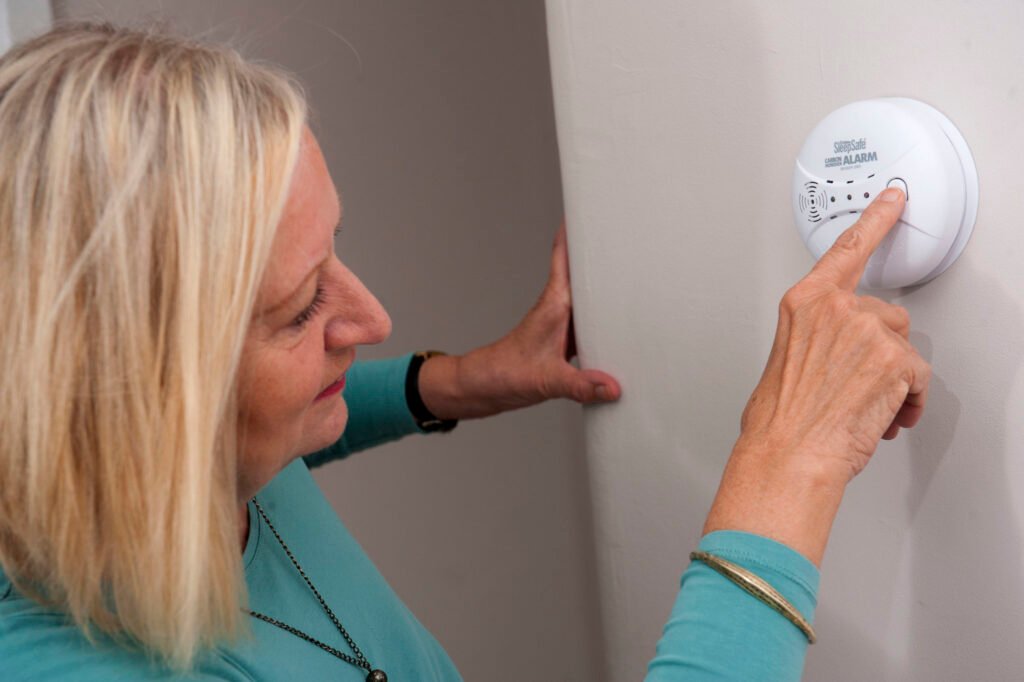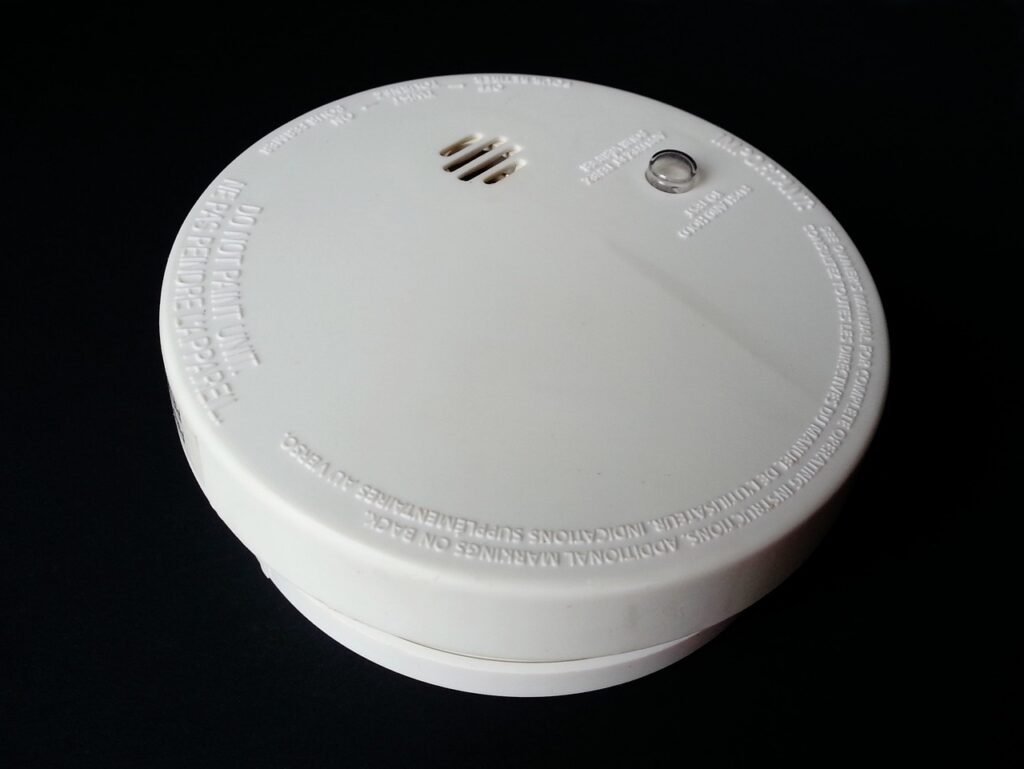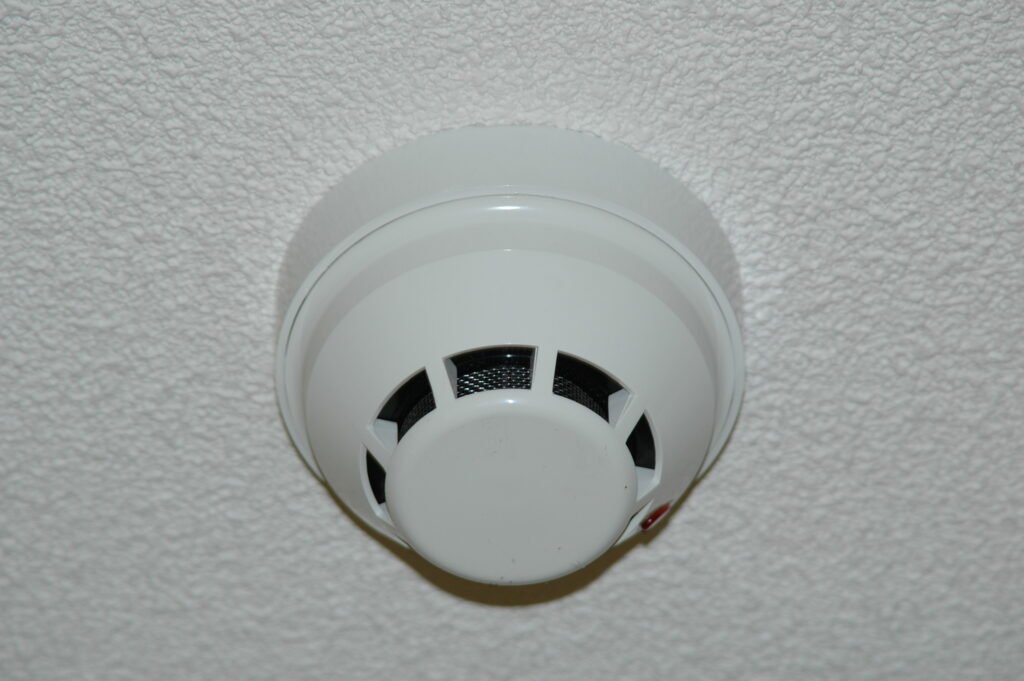Last Updated on August 7, 2024 by Abdullah Meraz
Our company understands the term “killer,” but will you recognize the silent awesome? Yes, it is pretty awesome, and it is carbon monoxide fuel. Carbon monoxide (CO) is colorless, tasteless, and also odorless, and production is challenging to identify without a CO detector. High degrees of this gas in the sky may produce poisoning, production you and also your really loved ones prone and also potentially prone to fatality. Subsequently, it’s important not to disregard this problem, as it might top to fatal injuries or fatality.
Carbon monoxide detectors are reasonable; investing in one is a wise choice, regardless of the price. Here, I must discuss a real-life tale to emphasize the importance of CO detectors.
Real-Life Story, A close call with Carbon Monoxide
Think about the story of my brother-in-law, Jahid Niloy. In December 2023, Jahid and his loved ones traveled to Tampere, Finland. On the second night at their rental residence, around 2 AM, Jahid felt dizzy and could not sleep. After reviewing his signs with his partner, Roza, she suggested spraying water on his encounter. He did this and came back to the mattress. However, quickly after, Roza woke up vomiting and thinking cold. Their two-year-old youngster was still resting.
Jahid, suspecting CO poisoning, rapidly searched online for signs and symptoms and recognized they matched precisely. He immediately evacuated his family and animals from the property and contacted 911. The discharge brigade showed up and noted that the property’s air degree was alarmingly low at 35%. The source of CO was identified as the fireplace. Two days later, they were given back to the home, furnished with a CO detector.
This story shows the potential disaster they faced by ignoring the CO detector.
Why Do You Require a CO Detector Even If It Does Not Include Fuel Appliances?
You may believe your house is risk-free without fuel devices, but carbon monoxide may still emerge from numerous sources. These resources are usually regular appliances associated with the human lifespan, such as stoves, refrigerators, ovens, and even autos within garages. These may produce carbon monoxide fuel, which can lead to CO poisoning.
Functionality and Integrity of CO Detectors
How CO Detectors Work
Detection Mechanism
Electrochemical sensing units are one of the CO detection mechanisms. These are the most common kinds of CO detectors. They use a chemical response to detect carbon monoxide. When CO gas comes in to contact with the sensing unit, it creates a minor power current. The detector measures this current to determine the level of CO in the air.
Biomimetic Sensors are an additional sensing innovation. These sensing units use a gel that changes color when it takes CO, triggering the alarm system.
Steel Oxide Semiconductors is also a reputable detector. These detectors use a sensor chip to find CO. When CO is present, the sensor’s electric protection improves, causing an alarm.
Alarm system Activation
When the CO degree hits a specific limit, the detector audios an alarm system to notify residents.
Why CO Detectors Are Trusted?
CO detectors may adequately identify the presence of carbon monoxide at the early stages before the gas arrives at hazardous levels. You may unwind as they deliver continuous tracking, ensuring you are often signaled as soon as there is a CO leak.
By signaling you very early, CO detectors give you time to evacuate and look for assistance, significantly reducing the chance of trauma or fatality.
Safety Measures
I am sure you already understand exactly how much CO poisoning is at risk and how prompt it may harm you. Also, you know the significance of a CO detector. Thus, shielding CO gasoline exhaust is the initial obstacle to identifying all of them.
Consequently, locate CO detectors on every level of your house, particularly near sleeping areas and any room, along with fuel-burning home appliances.
Be Aware of CO Sources
Routinely inspect and maintain home appliances that may produce carbon monoxide gas. You can create a routine upkeep schedule and interact with experts for correct evaluation and upkeep. Ensure proper ventilation for home appliances, and never use outdoor tools indoors.
CO Detector Maintenance
Sustain an additional regimen maintenance for your CO detectors, evaluate them month-to-month, and replace batteries at least as soon as a year. Replace the whole detector every 5-7 years or even as the manufacturer recommends.
Emergency Preparedness
Recognize the symptoms of CO poisoning and create an emergency situation-prepared plan for your family and animals. Train everybody on what to do if a CO detector alarms. Have an evacuation strategy and ensure all house participants know what to do in the event of an alarm system.
Lastly, I will say that carbon monoxide is a quiet killer that can strike without caution. Setting up CO detectors on your property and during travel is essential to ensure your safety and security, as well as the security of your loved ones. Recognizing the capability and relevance of these detectors may help you stop a capacity disaster. Constantly take CO detectors very seriously and maintain them regularly to remain secure coming from this undetectable threat, whether any fuel resource is on call within your house or not, as you know the method of CO discharge.
You also must be conscious about fire fighting, so know about fire fighting equipment.



